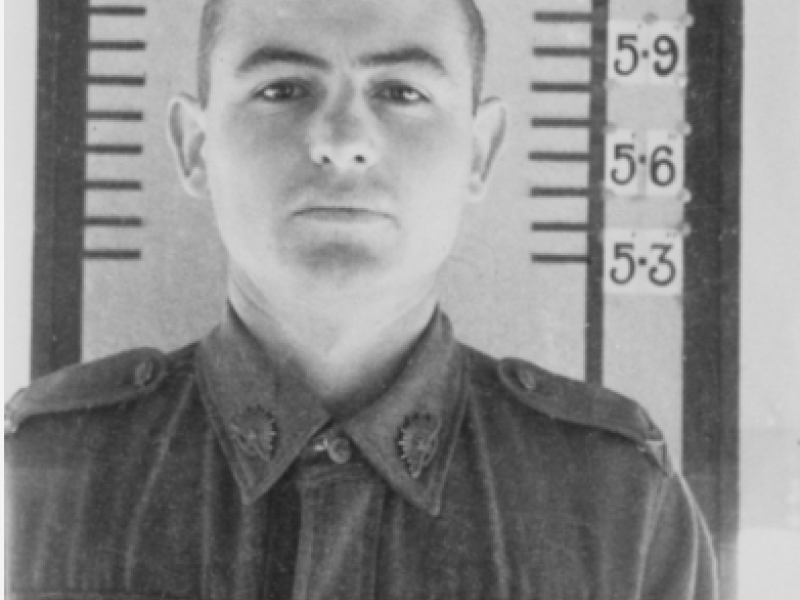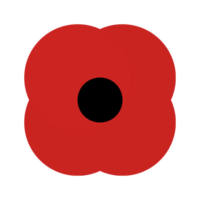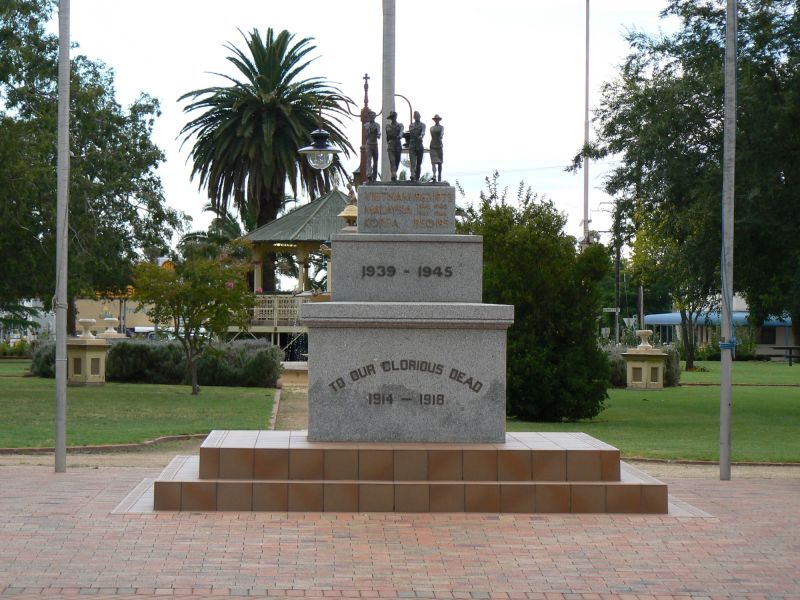Corporal Samuel Noel Walker, 2/4th Battalion, 2nd AIF
Born in Forbes, New South Wales, on 4 April 1912, Samuel Walker was the son of Henry and Agnes Walker. He was working as a shop assistant in Forbes when the Second World War broke out and the Australian government announced the raising a Second Australian Imperial Force – an all-volunteer force for overseas service.
Walker was among of the first wave of volunteers, enlisting in Forbes on 25 October 1939. He came from a family with a strong history of military service, and his brother, Dardanelles Walker, also served, first at Tobruk, and later in New Guinea and Borneo. He survived the war.
Samuel Walker was marched in to Ingleburn Camp, where he joined the 2/4th Battalion, part of the 19th Brigade of the 6th Australian Division. Originally the battalion was part of the 16th Brigade, but was transferred to 19th Brigade after a reorganisation.
Walker was with the battalion when it embarked for overseas service, departing Sydney in January 1940. Arriving in the Middle East in February, the 2/4th trained in Palestine and Egypt in preparation for its first campaign, against the Italians in eastern Libya.
Walker served with the battalion when it first saw action at Bardia in early January 1941, and during the battle of Tobruk later that month. He also fought at Wadi Derna at the end of January, and was in the first Australian unit to enter Benghazi on 6 February.
In early April, the 6th Division deployed to Greece to resist the expected German invasion. It fought a fierce battle at Vevi in northern Greece before withdrawing through a series of rearguard positions until being evacuated from Megara later in the month.
Walker’s battalion landed on Crete the next day and joined the force defending Heraklion airfield. When German paratroopers landed on 20 May the airfield was rapidly overcome, and Walker was one of those killed in action during the fierce fighting.
He was 29 years old.
Samuel Walker is commemorated upon the Athens Memorial in the British and Commonwealth War Cemetery at Phaleron, Greece. The Athens memorial lists the British and Commonwealth soldiers killed during the Greece and Crete campaigns who have no known grave.
His name is also listed on the Australian War Memorial Honour Roll, among some 40,000 Australians who died while serving in the Second World War.
Dr Lachlan Grant, Historian, Military History Section
- Australian War Memorial https://www.awm.gov.au/collection/C2278387

 Australian War Memorial
Australian War Memorial